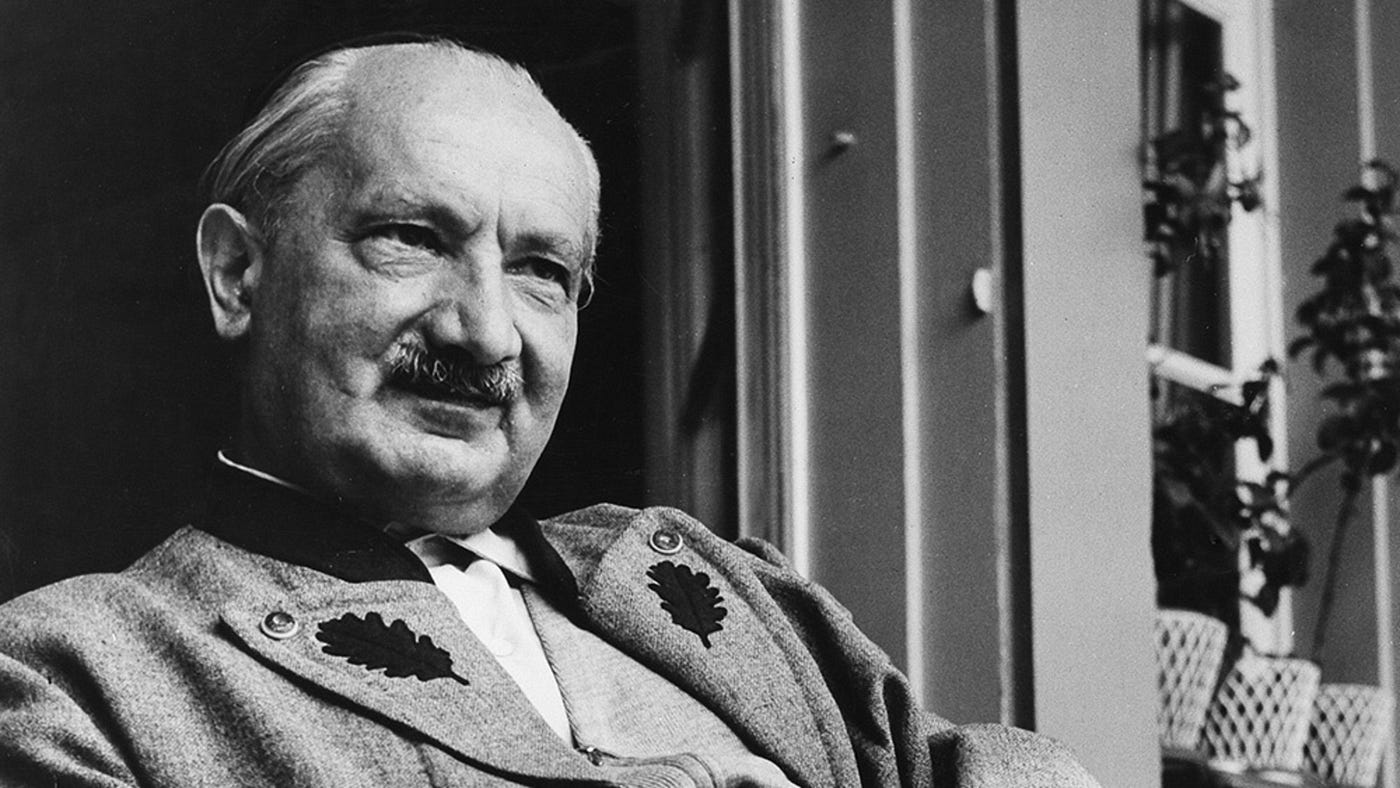
Martin Heidegger, a renowned German philosopher of the 20th century, left an indelible mark on the field of existential philosophy. His complex and thought-provoking ideas have captivated scholars and readers alike, making him one of the most significant thinkers of his time.
In this article, we delve into the intriguing world of Martin Heidegger and explore 17 fascinating facts about his life, philosophy, and impact on the intellectual landscape. We will uncover lesser-known details about his early influences, delve into his controversial political stance, and analyze the enduring relevance of his philosophical concepts.
Whether you are a philosophy enthusiast, a student seeking to grasp the depth of Heidegger’s philosophy, or simply curious about influential intellectuals, this article will provide you with an in-depth understanding of Martin Heidegger and his contributions to existential thought.
Key Takeaways:
- Martin Heidegger, a philosopher, challenged traditional views on existence and language, influencing psychology and postmodernism. His controversial political involvement sparked ongoing debates about his legacy.
- Heidegger’s ideas on the interconnectedness of being, critique of modern science, and emphasis on language’s significance continue to shape contemporary philosophy and inspire scholarly discussions.
Early Influences
Heidegger’s interest in philosophy began during his high school years after reading works by Aristotle and Oswald Spengler.
Academic Pursuits
He studied theology and philosophy at the University of Freiburg, where he later became a professor.
Mentorship under Husserl
Heidegger studied under the renowned philosopher Edmund Husserl, who had a significant influence on his thought.
Being and Time
His magnum opus, “Being and Time,” published in 1927, explores the nature of existence and phenomenology.
Rejection of the Cartesian worldview
Heidegger challenged Descartes’ separation of mind and body, emphasizing the interconnectedness of being-in-the-world.
Existentialism
Considered one of the founding figures of existentialism, Heidegger emphasized the individual’s existence and the search for meaning.
Controversial Political Involvement
Heidegger’s affiliation with the Nazi Party in the 1930s has been a subject of criticism and controversy.
Rectorate Speech
During his time as rector of the University of Freiburg, he delivered a speech supporting the Nazi regime, causing lasting repercussions on his reputation.
Post-War Reflections
Heidegger’s philosophical shift after World War II prompted him to reevaluate his involvement with Nazism.
Influence on Existential Psychology
His work influenced the field of psychology, particularly existential psychotherapy.
Language and Poetry
Heidegger believed that language and poetry unveiled the essence of Being, exploring the significance of language in his philosophy.
Critique of Technological Society
Heidegger raised concerns about the dominant role of technology in the modern world, warning of its potential to distance humans from their authentic existence.
Hermeneutics
Heidegger’s hermeneutic approach focused on interpreting and understanding textual and historical meaning.
Contributions to Ontology
He revolutionized ontology by integrating existential thought and hermeneutics into his philosophy.
Influence on Postmodernism
Heidegger’s concepts and ideas have had a significant impact on the development of postmodern thinking.
Critique of Modern Science
He challenged the objectivity and neutrality of modern science, arguing that it obscures our authentic relationship with the world.
Legacy and Continued Impact
Heidegger’s complex philosophy continues to inspire and provoke scholarly debates and is an essential touchstone in contemporary philosophy.
These 17 intriguing facts about Martin Heidegger provide a glimpse into the life and philosophical contributions of this influential thinker. Whether through his ideas on existence, language, or his controversial involvements, Heidegger’s legacy remains undeniably significant in shaping philosophical discourse.
Conclusion
In conclusion, Martin Heidegger was undoubtedly a highly influential figure in the field of philosophy. From his groundbreaking concept of “being-in-the-world” to his controversial involvement with the Nazi party, Heidegger’s ideas and actions continue to intrigue academics and scholars alike. Throughout his life, Heidegger grappled with profound questions about existence, language, and the nature of being. His work, while at times challenging and enigmatic, has left an indelible mark on the philosophical landscape.As we explored 17 intriguing facts about Martin Heidegger, we discovered his complex personality, his devotion to Heideggerian phenomenology, and his attempts to bridge the gap between philosophy and poetry. From his relationship with Hannah Arendt to his enduring impact on 20th-century philosophy, Heidegger’s legacy is a subject of ongoing debate and fascination.Whether you agree or disagree with his ideas or actions, one cannot deny the enduring influence of Martin Heidegger. He continues to provoke thought and challenge conventional wisdom, making him a figure worthy of examination and discussion for years to come.
FAQs
Q: How did Martin Heidegger contribute to philosophy?
A: Martin Heidegger made significant contributions to philosophy, particularly in the field of existentialism and phenomenology. He developed the concept of “being-in-the-world,” which explored the interconnectedness of human existence and the surrounding world. Heidegger’s work challenged traditional philosophical frameworks and paved the way for new understandings of human existence and the nature of reality.
Q: Was Martin Heidegger affiliated with the Nazi party?
A: Yes, Martin Heidegger was briefly affiliated with the Nazi party in the 1930s. This association has generated significant controversy and debate regarding Heidegger’s political views and their influence on his philosophical work. It should be noted that his Nazi affiliation did not define his entire philosophical career, but it remains an important aspect of his legacy.
Q: What is Heideggerian phenomenology?
A: Heideggerian phenomenology is a philosophical framework developed by Martin Heidegger. It is characterized by the idea that the study of human experience should focus on the way individuals interact with and make sense of the world. Heidegger emphasized the importance of lived experience and the context in which it occurs, rejecting the traditional objective approach to understanding reality.
Q: Did Martin Heidegger have any notable students or intellectual successors?
A: Yes, Martin Heidegger had several notable students and intellectual successors who carried on his philosophical traditions. One of his most prominent students was Hans-Georg Gadamer, known for his work on hermeneutics. Other influential figures influenced by Heidegger include Jean-Paul Sartre, Maurice Merleau-Ponty, and Emmanuel Levinas.
Q: How has Martin Heidegger’s work influenced modern philosophy?
A: Martin Heidegger’s work has had a significant impact on modern philosophy. His emphasis on phenomenology and existentialism has influenced numerous philosophers and thinkers, shaping new approaches to areas such as ontology, ethics, and the philosophy of language. Heidegger’s ideas continue to be studied, debated, and expanded upon by scholars around the world.
If you're fascinated by the profound ideas of existentialism, ontology, and metaphysics, continue your philosophical journey with these captivating articles. Explore the absurdist world of Albert Camus' The Stranger, unravel the mysteries of being and existence in ontology, or delve into the metaphysical musings of John Duns Scotus. Each article offers a unique perspective on life's most profound questions, inviting you to ponder the nature of reality and our place within it. Embark on a thought-provoking adventure that will challenge your assumptions and expand your understanding of philosophy's most intriguing concepts.
Was this page helpful?
Our commitment to delivering trustworthy and engaging content is at the heart of what we do. Each fact on our site is contributed by real users like you, bringing a wealth of diverse insights and information. To ensure the highest standards of accuracy and reliability, our dedicated editors meticulously review each submission. This process guarantees that the facts we share are not only fascinating but also credible. Trust in our commitment to quality and authenticity as you explore and learn with us.


